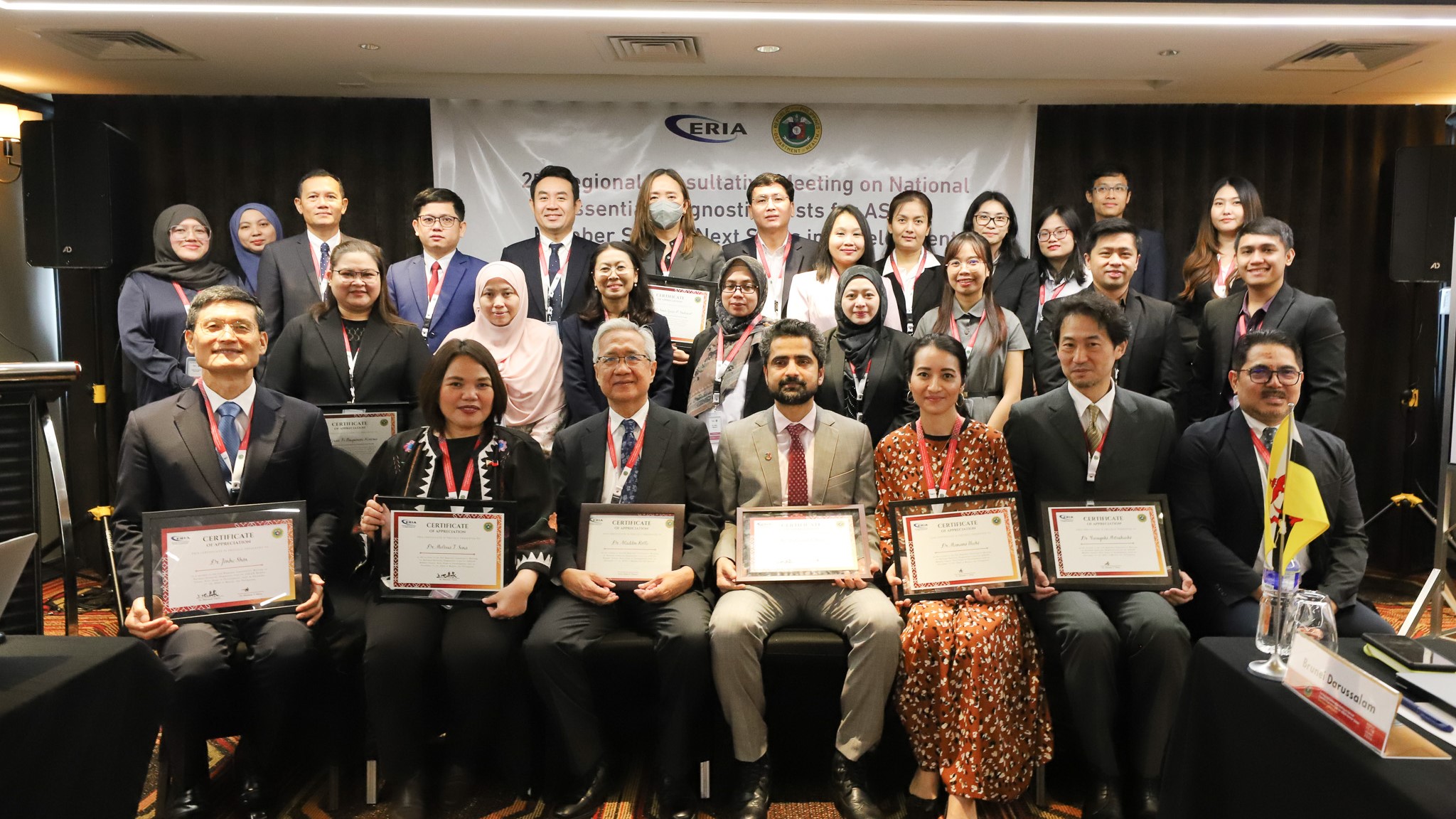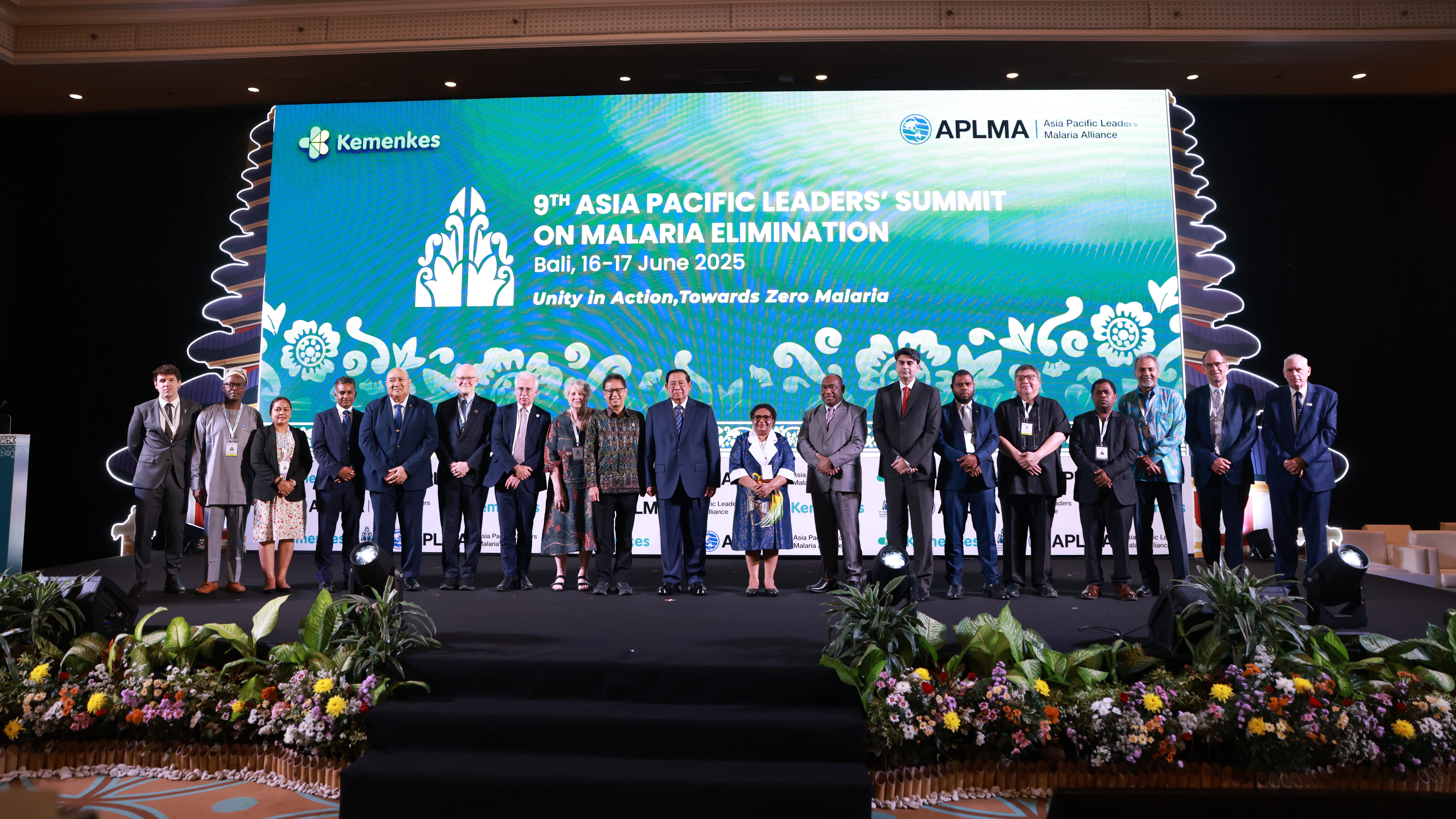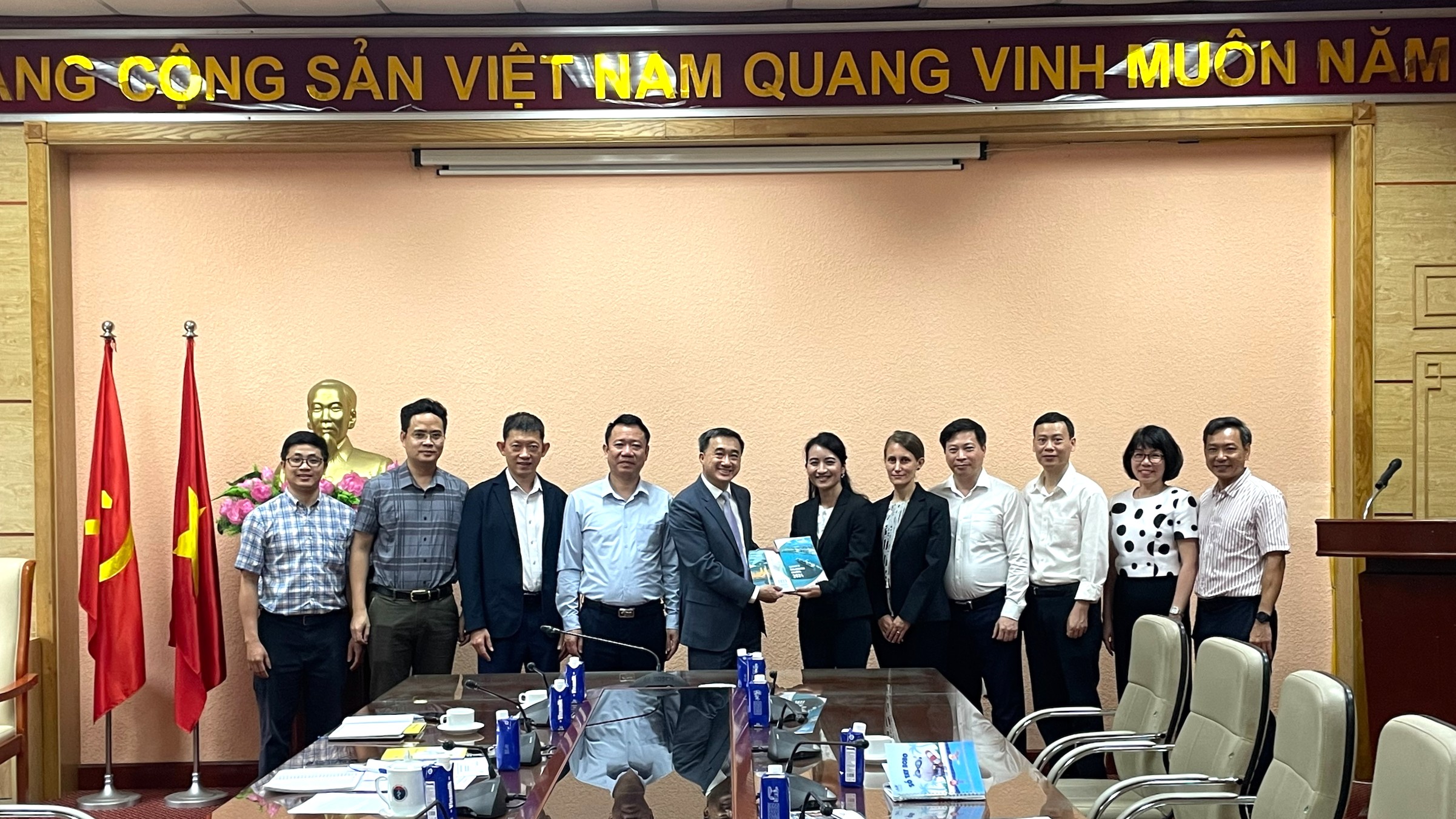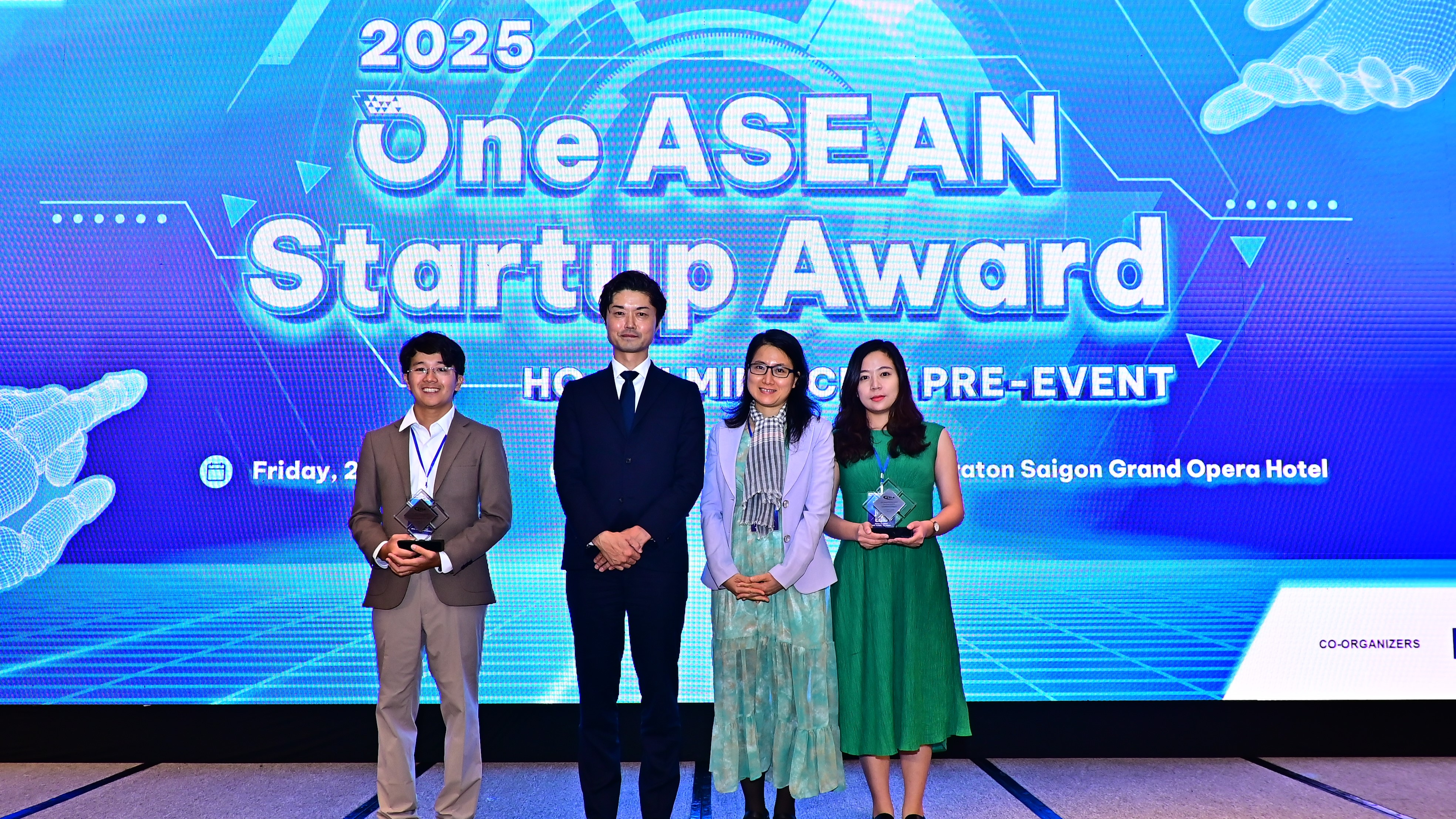ERIA and Philippine Department of Health Co-Host 2nd Regional Consultative Meeting on National Essential Diagnostics Lists for ASEAN
Date:
18 December 2024Category:
Healthcare UnitTopics:
Healthcare UnitShare Article:
Print Article:
Manila, 17–18 December 2024: ERIA, in partnership with the Department of Health of the Philippines and the World Health Organization (WHO), co-hosted the second regional consultative meeting (RCM2) on National Essential Diagnostics Lists (NEDLs) for ASEAN Member States (AMS). This event aimed to advance NEDL development in ASEAN, following the first RCM held in Bangkok in June 2024, which focused on raising awareness of the importance of NEDLs.
Key highlights of the second RCM included interactive online presentations from the WHO headquarters in Geneva and the Global Medical Device Nomenclature (GMDN) Agency in the United Kingdom, and rotating roundtable consultations. Representatives from Brunei Darussalam, Cambodia, Indonesia, Lao PDR, Malaysia, Myanmar, the Philippines, Thailand, and Viet Nam exchanged views with experts from the ASEAN Diagnostic Security and Self-Reliance (ADxSSR) initiative, ERIA’s Healthcare Unit, Japan’s National Center for Global Health and Medicine, WHO’s Southeast Asia and Western Pacific regional offices, and independent consultants. The discussions culminated in plenary recommendations and guidance on regional collaboration for developing NEDLs. The guidance is being incorporated into the EDL for AMS concept note, which the Philippines will submit to the ASEAN Health Division in January 2025 for endorsement.
Dr Aladdin Rillo, ERIA's Managing Director for Policy Design and Operations, delivered opening remarks introducing the ERIA Healthcare Unit's NEDL initiative and its progress with WHO NEDL gap assessments. He emphasised the importance of accurate disease identification in achieving quality management. He also highlighted the demand for reliable and affordable diagnostics to bolster Universal Health Coverage (UHC) and resilience against future health emergencies.
Dr Jinho Shin, Medical Officer of WHO’s Western Pacific Regional Office, underscored the benefits of NEDL initiatives for UHC, health system resilience, and emergency preparedness. He also reaffirmed WHO's commitment to providing technical assistance to ASEAN in enhancing regional health outcomes.
Dr Melissa T. Sena, Director of the Philippine Health Facility Development Bureau, stressed that ‘health is a fundamental human right’ and that the NEDL initiative is a crucial tool to advance UHC, transform lives, and promote equity. She called for collective commitment to advancing NEDLs as a regional effort.
The opening session included group photos and special awards presented by Dr Sena and Dr Manami Uechi, ERIA’s Healthcare Director, to key contributors such as Dr Rillo; Dr Shin; Attorney Paolo S. Teston, the Philippine Department of Health’s Assistant Secretary, who is also the chair of the NEDL steering committee for the Philippines; and Engineer Mohammad Ameel of the WHO Southeast Asia Regional Office.
Several distinguished experts then delivered presentations. ERIA’s Dr Antonio Villanueva briefly introduced an overview of the WHO EDL for AMS project, regarded as a global model for advancing diagnostics through regional collaboration. Naofumi Hashimoto, who previously worked for WHO on EDL4, defined in vitro and in vivo diagnostics according to WHO and other international organisation standards. Nurhidayat Anwar then presented the alignment and synergy between the ADxSSR initiative and the EDL for AMS project. Dr Shogo Kanamori from the National Center for Global Health and Medicine shared insights from a gap assessment of NEDL objectives, including procurement, supply chain, quality assurance, and regulatory standards.
WHO representatives – Dr Shin and Engr. Ameel – detailed the NEDL Development Guidelines. Two of ERIA's independent consultants, Fabrice Gerard and Vivian Fensham, elaborated on why conducting a WHO EDL gap analysis is important for participating AMS. Concluding the morning session, Dr Villanueva presented excerpts of the completed NEDL development in Timor-Leste. Interactive afternoon sessions featured e-EDL, MeDevIS, and GMDN presentations, followed by dynamic roundtable rotations.
Day two began with best-practice presentations from Indonesia, the Philippines, and Thailand, showcasing their progress as part of the Regional Advisory Committee on NEDLs. The Philippines emphasised the need for a high-level committee to drive NEDL development, while Indonesia shared diagnostic inventory mapping based on disease burden. Thailand outlined a timeline for pilot implementation by 2025.
The ensuing roundtable rotations focused on in-depth consultations, which were synthesised into country reports on NEDL development. Key insights from the reports and activities were consolidated into a plenary guidance document on advancing NEDL development through regional cooperation. The guidance was attached to the EDL for AMS concept note, to be submitted by the Philippines to the ASEAN Health Division for endorsement.
The event concluded with remarks from Dr Uechi, who thanked the delegates for their active participation and stressed the importance of collective efforts to advance NEDLs in ASEAN, and from Atty. Teston, who expressed gratitude to attendees for their collaboration towards creating accessible diagnostics for combating diseases and achieving UHC in the region.
The ASEAN EDL initiative is poised to set a global example in 2025. The next regional meeting is tentatively scheduled for June in Timor-Leste.








